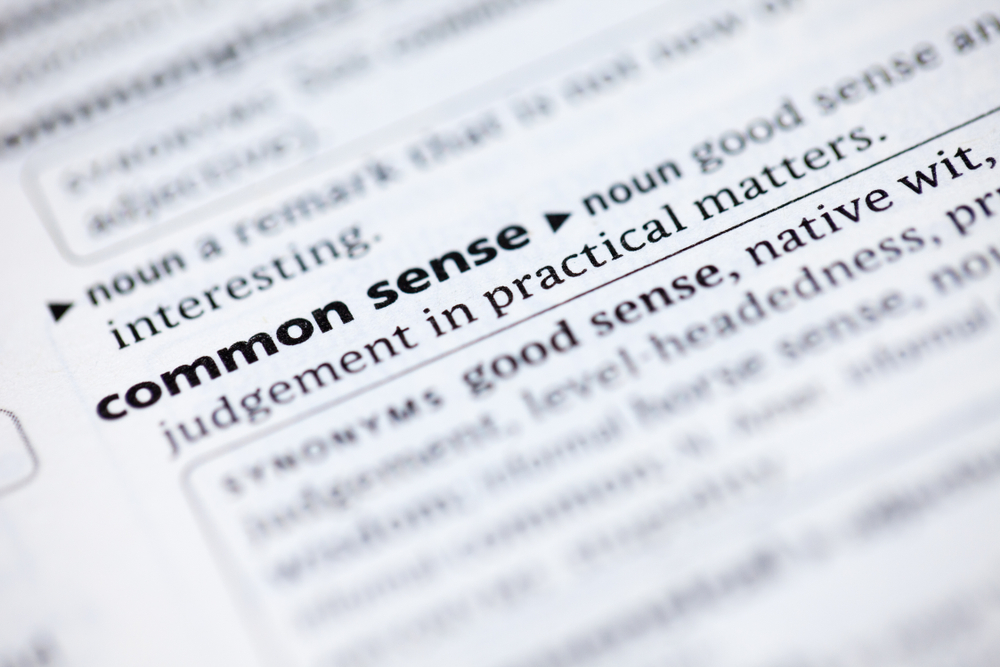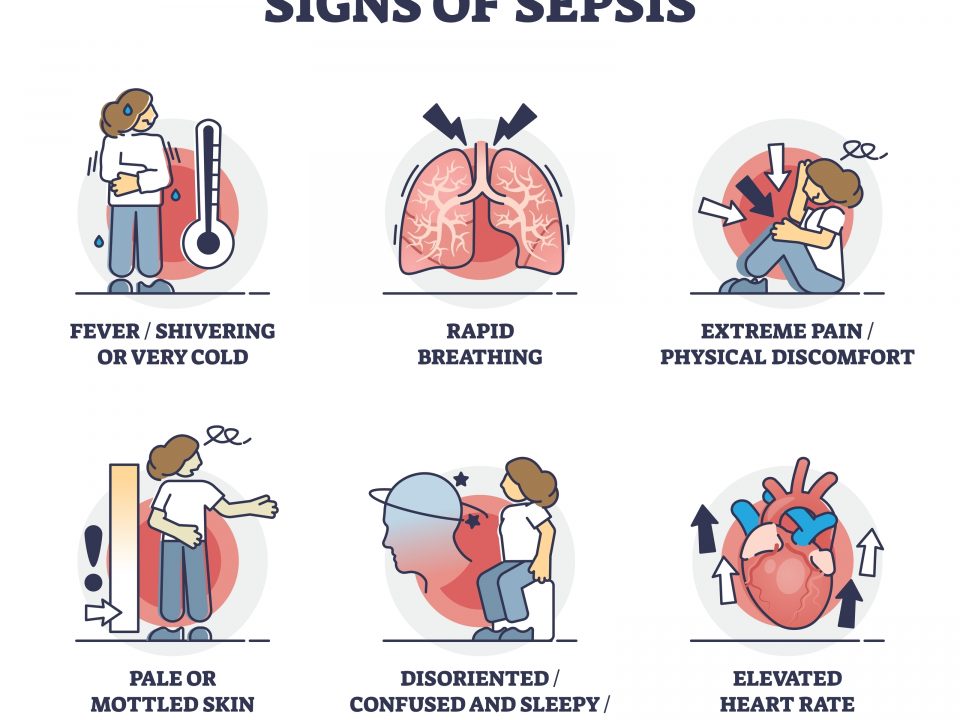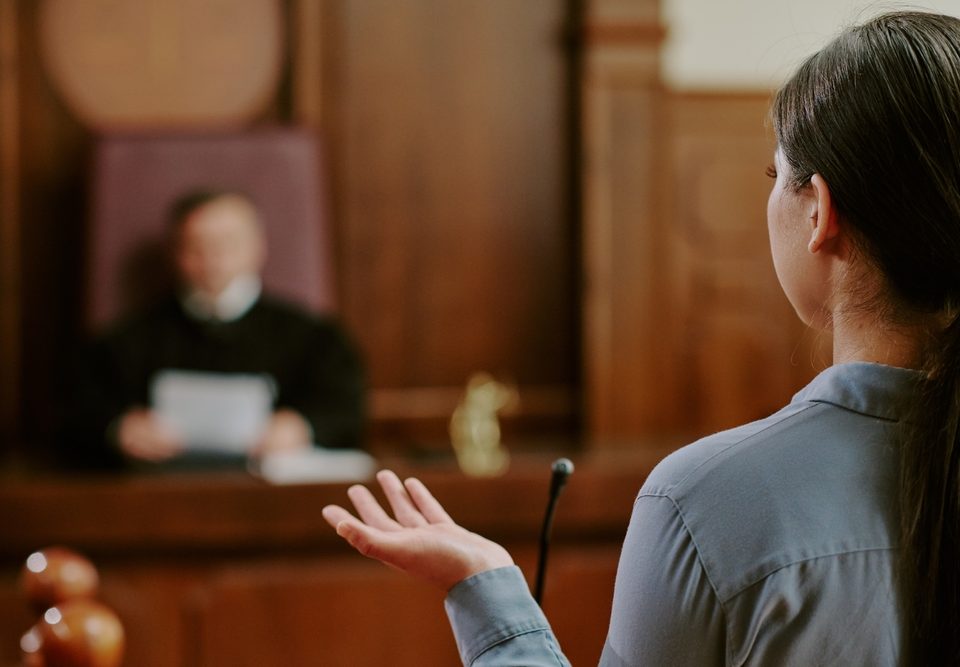
The Hidden Risk of Anchoring: Lessons from Skykomish Ltd v Gerald Eve LLP[2025] EWHC 1031 (Ch)
11th August 2025
Expert Witnesses’ Duty to Disclose Prior Judicial Criticism: A Medico-Legal Perspective
30th August 2025The High Court’s judgment in Lawless v Keatley [2025] IEHC 364, delivered by Mr Justice Twomey on 26 June 2025, delivers vital guidance on the roles of expert evidence and judicial common sense—particularly in light of medico‑legal assessments of routine workplace accidents
The Court’s Stance: When Expert Evidence Is Unnecessary
At the heart of Lawless is the principle that not every injury invokes the need for expert testimony when the issue involves an everyday task. The Court affirmed that “common sense and some degree of scepticism” should guide the evaluation of such personal injury claims, particularly those grounded in routine manual tasks like emptying a wheelbarrow
Drawing on Nemeth v Topaz Energy Group [2021] IECA 252, the Court reinforced that an employer is not an insurer for injuries arising from commonplace activities. Familiar tasks, comparable to those undertaken in domestic contexts, can be assessed without engineering or expert input.
Factual Reconstruction and Pleading Precision
A critical turning point in Lawless involved the timing and specificity of the “incline” theory. The claimant only advanced the argument—supported by engineering reports—six years post‑incident, long after the pleadings were submitted and only then based on photographs taken years later under a different management regime
Mr Justice Twomey stressed that neither the Personal Injuries Summons nor the replies to particulars included any reference to an incline. Under the stringent provisions of the Civil Liability and Courts Act 2004, such late and unpleaded assertions are inadmissible
Common Sense Trumps Complexity
The High Court held that emptying a wheelbarrow—particularly when done on flat ground—is a matter of everyday experience and within the scope of judicial judgment. The task did not warrant expert engineering analysis. Even if the incline argument were credible, it remained the claimant’s responsibility to maintain a suitable surface or raise concerns at the time—a failure to do which negated any employer liability
Implications for Medico-Legal Practice
- Strategic Use of Experts
The decision encourages medico-legal practitioners to critically assess whether expert evidence is genuinely necessary. For familiar, uncomplicated injuries, expert involvement may be excessive, delay proceedings, and incur needless costs. - Importance of Precise Pleadings
As reinforced by Lawless, any medico-legal theory must be clearly articulated in the pleadings from the outset. Late-stage expert evidence cannot serve as a substitute for statutory pleading obligations. - Judicial Preference for Reasonableness
Courts may now be more willing to rely on their own reasoning in assessing simple injury claims. Counsel should frame arguments to align with ordinary intuition and experience rather than obscure technical complexities. - Medico-Legal Evidence in Context
For claims involving less routine mechanisms—e.g., unusual trauma, rare pathologies, or contested causation—expert analysis remains pivotal. Lawless distinguishes between common-sense scenarios and genuinely technical disputes.
Conclusion
Lawless v Keatley offers a crucial recalibration of medico-legal practice. It underscores that routine accidents borne of “everyday mishaps” may be adjudicated by the court’s innate reasoning—without expert testimony—so long as pleadings are meticulously drafted and grounded in fact. For medico-legal professionals, the lesson is clear: deploy expert evidence judiciously, plead precisely, and trust common sense when common sense suffices.




